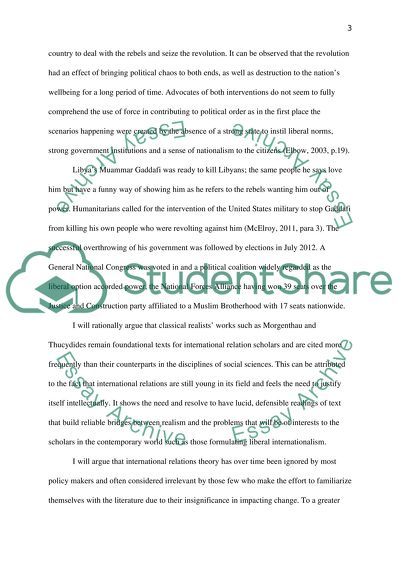Cite this document
(“Classical Realism and Liberal Internationalism Essay”, n.d.)
Classical Realism and Liberal Internationalism Essay. Retrieved from https://studentshare.org/history/1491326-classical-realism-and-liberal-internationalism
Classical Realism and Liberal Internationalism Essay. Retrieved from https://studentshare.org/history/1491326-classical-realism-and-liberal-internationalism
(Classical Realism and Liberal Internationalism Essay)
Classical Realism and Liberal Internationalism Essay. https://studentshare.org/history/1491326-classical-realism-and-liberal-internationalism.
Classical Realism and Liberal Internationalism Essay. https://studentshare.org/history/1491326-classical-realism-and-liberal-internationalism.
“Classical Realism and Liberal Internationalism Essay”, n.d. https://studentshare.org/history/1491326-classical-realism-and-liberal-internationalism.


